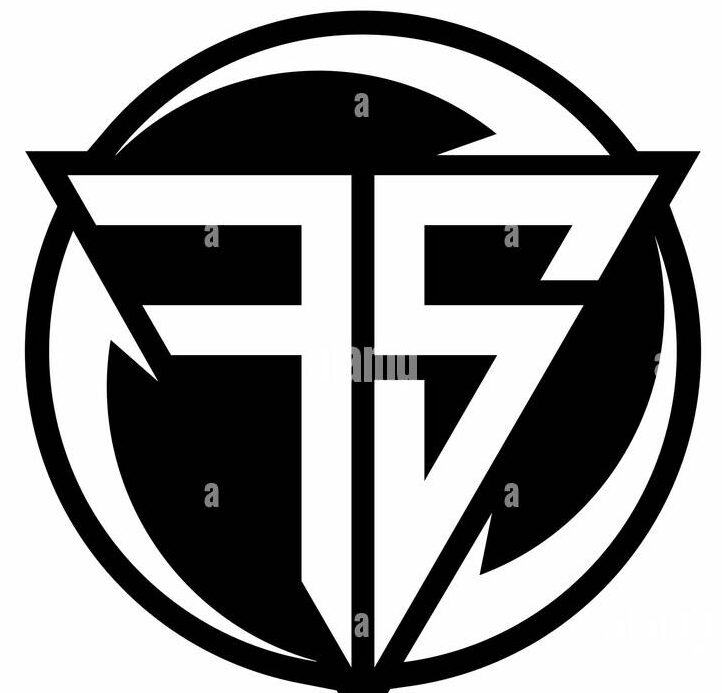
Let’s start with the origins of technology as a word
According to Google Trends, the use of the word “Technology” has really grown in popularity since the 1950s. It originates from the Greek for art or craft, “teckne”, and “logia” relating to study. Together these words became teknologia meaning the systematic treatment.
Technology can be considered to be anything created, not-naturally occurring that improves a process, outcome or understanding.
Humankind’s ability to create basic tools, such as sticks to get fruit from out-of-reach branches and sharp rocks to cut or hunt, and to control fire would have been a couple of the earliest technological developments, both of which have been fundamental in the development of the human race. In fact, without fire we wouldn’t be able to cook, and without cooking we would have smaller brains, an may have possibly never been able to develop language.
What about gadgets, aren’t these what we mean by technology?
Yes, today much of the talk about technology focuses on the consumer point of view – mobile phones, the internet, computers, big TVs, HiFi’s, cars, drones, robotic grass cutters etc.
However, in an enterprise or business world, technology many times has a fairly narrow, often sector-specific definition. That still often gravitates towards what’s known as “IT”, Information Technology – computers, networks, servers, software and storage.
Yet in some domains technology has broader remits and it is those I thoroughly enjoy discovering and exploring. From flavour technologies in food and beverages, to chemical process technologies for odours and aromas and DNA and gene technologies and technologies that can help build and change the physical world around, nano-tech.
What is technology and how can it be helpful?
In my blog I look for interesting ideas and concepts that are being used in the real world today, to help demonstrate and explain how technology is being used to create value, solve problems or generally just be helpful.
The articles I write focus on particular problems or situations and how specific technological developments or solutions are able to solve or improve them.
I’m very aware that in today’s world acronyms like “5G” or “IoT” get thrown around all the time, yet for most people these are just confusing, misleading or uninteresting. My blogs don’t aim to answer “what is 5G?” or “what is IoT?”, rather I try to find simple ideas that are addressed by perhaps complex technologies.
Work with me
Having spent my entire career bridging the worlds or technologist, marketers, consumers and business owners I have a unique ability to write about technological ideas in a way normal people understand.
This can be very valuable to companies looking to convey complex ideas to a mass market – particularly in the domains of 5G, IoT, VR, AR, Blockchain, Facial Recognition and other emerging technologies.
Let’s start with the origins of technology as a word
According to Google Trends, the use of the word “Technology” has really grown in popularity since the 1950s. It originates from the Greek for art or craft, “teckne”, and “logia” relating to study. Together these words became teknologia meaning the systematic treatment.
Technology can be considered to be anything created, not-naturally occurring that improves a process, outcome or understanding.
Humankind’s ability to create basic tools, such as sticks to get fruit from out-of-reach branches and sharp rocks to cut or hunt, and to control fire would have been a couple of the earliest technological developments, both of which have been fundamental in the development of the human race. In fact, without fire we wouldn’t be able to cook, and without cooking we would have smaller brains, an may have possibly never been able to develop language.
What about gadgets, aren’t these what we mean by technology?
Yes, today much of the talk about technology focuses on the consumer point of view – mobile phones, the internet, computers, big TVs, HiFi’s, cars, drones, robotic grass cutters etc.
However, in an enterprise or business world, technology many times has a fairly narrow, often sector-specific definition. That still often gravitates towards what’s known as “IT”, Information Technology – computers, networks, servers, software and storage.
Yet in some domains technology has broader remits and it is those I thoroughly enjoy discovering and exploring. From flavour technologies in food and beverages, to chemical process technologies for odours and aromas and DNA and gene technologies and technologies that can help build and change the physical world around, nano-tech.
What is technology and how can it be helpful?
In my blog I look for interesting ideas and concepts that are being used in the real world today, to help demonstrate and explain how technology is being used to create value, solve problems or generally just be helpful.
The articles I write focus on particular problems or situations and how specific technological developments or solutions are able to solve or improve them.
I’m very aware that in today’s world acronyms like “5G” or “IoT” get thrown around all the time, yet for most people these are just confusing, misleading or uninteresting. My blogs don’t aim to answer “what is 5G?” or “what is IoT?”, rather I try to find simple ideas that are addressed by perhaps complex technologies.
Work with me
Having spent my entire career bridging the worlds or technologist, marketers, consumers and business owners I have a unique ability to write about technological ideas in a way normal people understand.
This can be very valuable to companies looking to convey complex ideas to a mass market – particularly in the domains of 5G, IoT, VR, AR, Blockchain, Facial Recognition and other emerging technologies.
